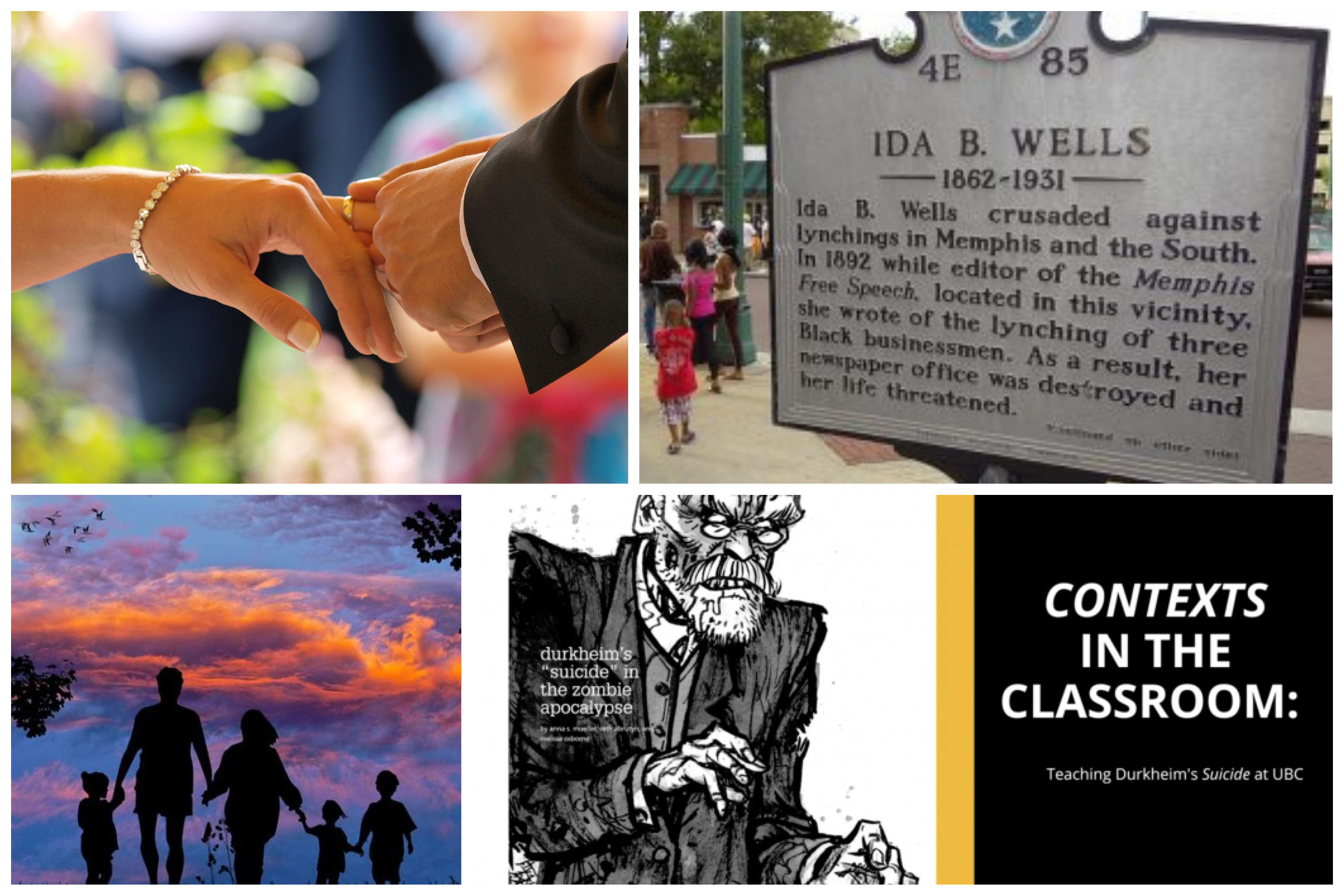
New & Noteworthy
Even though sporting events often include the national anthem, color guards, American flags, and even tributes to the military, most Americans don’t believe sports teach nationalistic and militaristic values. This discovery from Chris Knoester and Evan Davis written up by Mason Jones is now on the site.
Worth a Read (Sociologically Speaking)
China’s increasing global importance has shifted how Chinese women view Western men, according to sociologists Monica Liu‘s new book, which she wrote about for Sixth Tone. As Liu explains, although in the past Western white men were considered more masculine and desirable than Asian men, Liu found that the Chinese women in her sample preferred more refined, corporate Asian men to the rough, working-class American men who came abroad looking for love.
From the Archives
This week, like many weeks in the U.S., brought news of a staggering number of gun deaths and injuries. For more context, read this piece from our archives on what strategies social science research tells us may be effective for reducing gun violence.
Backstage with TSP
In Minnesota, the end of the semester creeps closer and closer, although the weather is hardly a herald of summer. With this in mind, we’re turning our attention to making *summer plans* (insert jazz hands). Although we don’t meet regularly as a board over the summer it’s a nice time to get organized and excited about new projects without the frenetic schedule of the academic year. This summer, given the ongoing crisis unfolding at a certain social media site, we’re thinking about new platforms to disseminate our public sociology. Our undergraduate board members, in particular, have both the energy and expertise to help us think about how to promote our content on newer, more multimedia focused, sites. We’ve done some work translating our content into short-form video in the past, see this recent example, and we’re excited to continue thinking about how to expand our audience on these more visual social media platforms. If you have any hot tips, drop us a line at tsp@thesocietypages.org.
More from our Partner and Community Pages
When parents separate they are less likely to offer support to their children in adulthood and this is especially true for fathers according to new research from Anna Manzoni and Sergi Vidal written up by Manzoni for Council on Contemporary Families’ blog.









